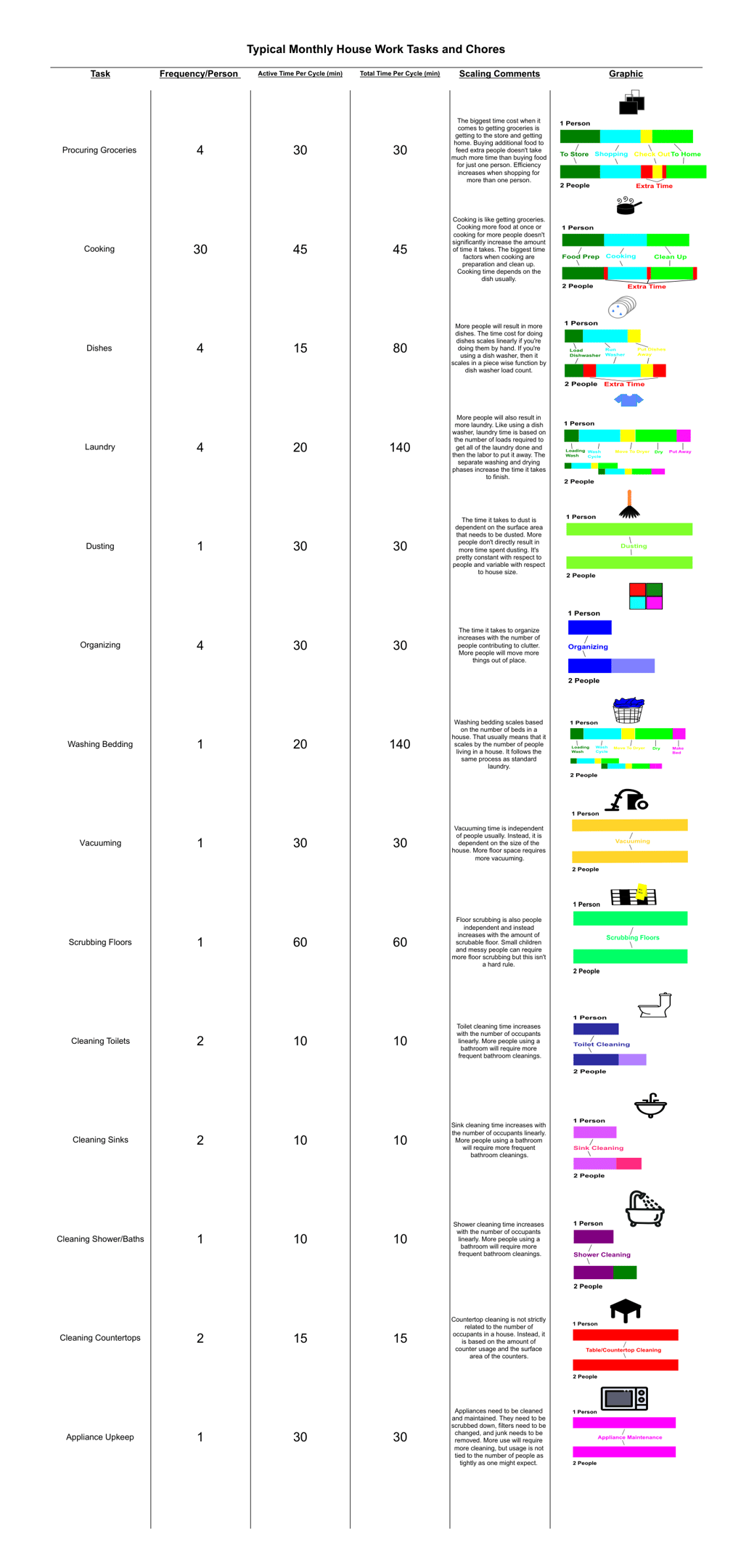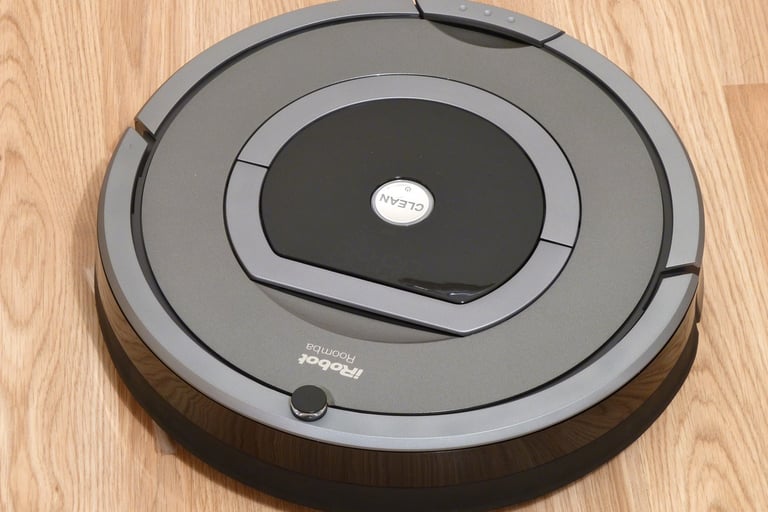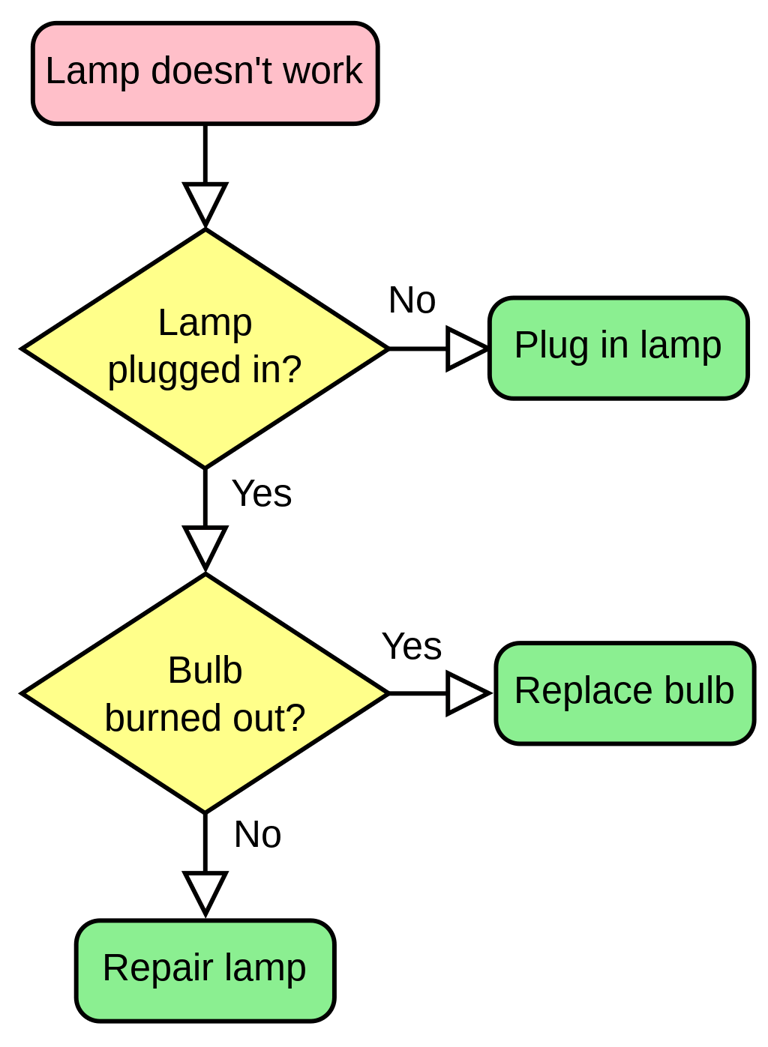Optimized Chores
Ever wonder what would happen if you applied engineering to housework?
As I'm sure you've already figured out, I have. I hate doing chores. Audiobooks make housework tolerable, but if there's a way to optimize the processes involved, I'm all for it. This page has some simple observations that save some time. Maybe you can put them to use in your own household.
~CCR
What even is housework?
Housework includes all the indoor tasks required to keep a household operating smoothly safely and effectively.
Some examples and how they scale are listed below based on adding more people to the household.


Minimize Task Switching


Minimizing task switching is the first trick to optimizing your housework.
A task has three distinct stages.
Starting
Effective Work
Stopping
When you switch from one task to another, you also incur a switching cost which is the time it takes to transition between stopping one task and starting the next task.
The amount of time in each of these phases varies a lot depending on the task but each phase is usually there.
As a consequence of this, you can save time by minimizing the number of times you get distracted or switch tasks. This allows you to save on stopping, starting, and switching time losses.
An example of using this would be stopping cooking to go run an errand that could wait until later and then coming back to start cooking again once the errand is done. It would be more efficient to completely finish cooking before running the errand or to run the errand before you start cooking.
Minimize Sorting


Minimizing sorting is the second trick to optimizing your housework.
Sometimes sorting is unavoidable but other times it can be effectively eliminated without causing any problems. We tend to store things in a sorted state so if we prevent things from becoming jumbled together, we can save time on sorting.
An example would be laundry. Some households toss all the laundry into a big pile that is all washed on the weekend. This laundry then needs to be sorted by person and then by clothes type. To save sorting time, you can have each person in the household keep their laundry separate and then do loads of laundry per person. Since all the stuff in a given load belongs to just one person, you don't have to sort out what clothes belong to whom when you're putting clothes away.
Loading the dishwasher is another example. If you put the forks in one spot, the spoons in another spot, and so on and so forth, you don't have to sort them out when you're putting stuff away.
Some sorting is unavoidable. When that happens, make sure you avoid task switching to speed it up. So for example, when putting clothes away, move everything to the bedroom of the person it belongs to. Then sort all of the clothes by type. Only after sorting everything should you fold, hang, pair, etc. before putting the clothes away.
Maximize Automation


Automation is a no-brainer. The dishwasher and laundry machine are good examples. Both automate their respective processes which saves the time required by the manual processes.
Robot vacuums are the next major automation invention that helps with housework. In the future, we might be able to get in-home robot assistants who can do additional tasks that currently require direct manual labor.
So to help you in your housework endeavors, make sure you're taking advantage of machines where you can.
Standardize Your Process


In engineering, we have something called a Standard Operating Procedure. When designing a process, manufacturing engineers figure out the best way of completing a specific set of tasks. They then document this and train the assembly team to complete the tasks using this standard procedure.
This same concept can be applied to your housework. Simply complete your housework in the same manner every time. While you're doing this, be on the look out for potential improvements you can make. Over time, you'll eventually come up with stuff you can do to improve your processes and make everything more efficient.
Analyze Value Added


Last, but not least, make sure to occasionally analyze the value that you're adding by doing your own housework. In certain cases, it might make financial sense for you to hire someone else to do the work for you.
Meal delivery services are a good example. You can essentially pay someone to plan and deliver ingredients for your meals. All you have to do is prepare the food. Taking that one step further, you can also hire someone to provide you with fully prepared meals.
The same goes for cleaning around the house and plenty of other tasks. Although it will usually be cheaper to do everything yourself or automate it, sometimes it can make financial sense to pay someone else if you value your time enough.
